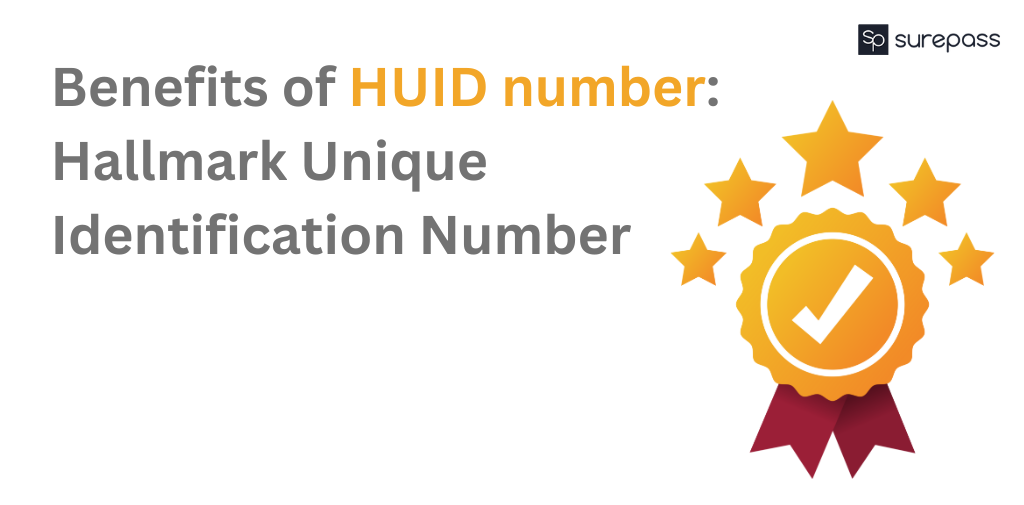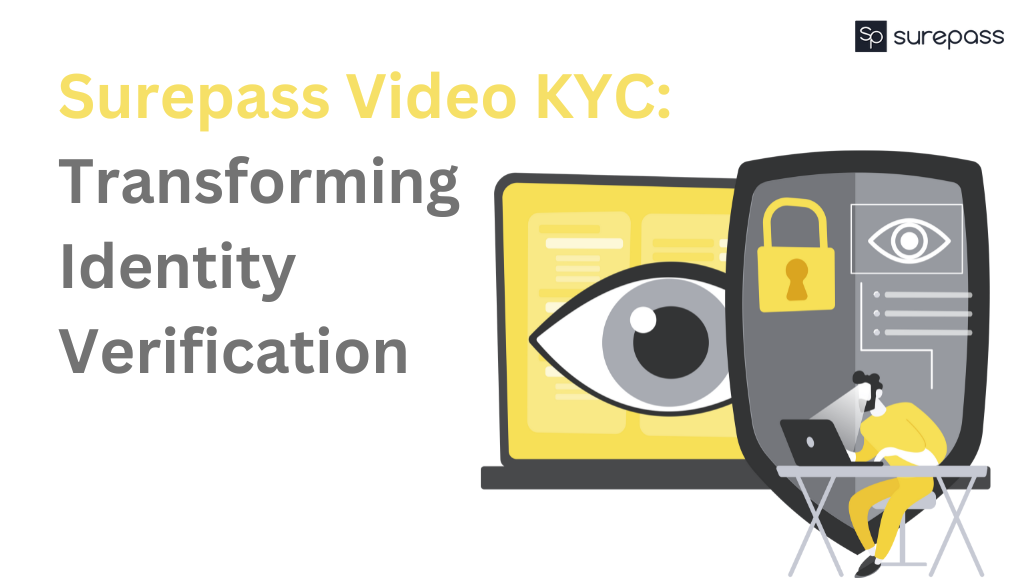Introduction
In today’s digital age, where financial transactions are increasingly conducted online, it is essential to ensure the security and legitimacy of these transactions. That’s where Know Your Customer comes into play. It is a process that financial institutions and businesses follow to verify the identity of their customers and assess potential risks associated with them. This article will delve into what it is, its importance, and the documents required for verification.
What is KYC?
Know Your Customer, Do you know KYC meaning? It refers to the process through which businesses and financial institutions verify the identity of their customers. It involves collecting specific information and documents to confirm the customer’s identity, address, and other relevant details. The process aims to prevent identity theft, money laundering, fraud, and other illegal activities. By performing the process, businesses can ensure that they are dealing with legitimate individuals or entities.
The Importance of KYC
KYC is crucial for various reasons. Firstly, it helps businesses establish a level of trust with their customers. By verifying the identity and background of customers, companies can reduce the risk of fraudulent activities, thereby safeguarding their reputation and integrity. Secondly, It enables businesses to comply with anti-money laundering (AML) regulations and other legal requirements. Financial institutions, in particular, are obligated to follow guidelines to prevent money laundering and terrorist financing. Finally, it plays a significant role in enhancing the overall security of online transactions and protecting customers’ personal information.
Documents Required for KYC Verification
To successfully complete the process, customers are generally required to provide specific KYC documents as proof of their identity and address. The exact KYC documents may vary depending on the country and the institution’s requirements. Here is the, kyc documents list required for verification include:
1. Identity Proof
Driver’s License
National Identity Card
Social Security Card
Aadhaar Card (in India)
To verify these documents you can use API’s by Surepass. They provide authentic API’s for every different use case. For example, if you want to verify Aadhaar Card authentication then you can go for Aadhaar Verification API, for Pan verification you can opt for Pan Verification API, and much more for different uses.
2. Address Proof
Utility Bills (electricity, water, gas)
Bank Statements
Rental Agreement
Property Tax Receipt
3. Photographs
Recent Passport-sized Photographs
It’s important to note that different institutions may have specific guidelines and additional document requirements based on their risk assessment and compliance obligations.
Automate your KYC Process & reduce Fraud!
We have helped 200+ companies in reducing their user onboarding TAT by 95%
KYC Process and Procedures
The KYC process typically involves the following steps:
Customer Identification: Collecting and verifying the customer’s identity and basic information.
Address Verification: Confirming the customer’s residential address through valid documents.
Risk Assessment: Evaluating the risk associated with the customer based on factors such as occupation, income, and financial history.
Ongoing Monitoring: Continuously monitoring and updating customer information to detect any changes that may affect their risk profile.
Record Keeping: Maintaining proper records of the process, including documents collected and verification results.
Financial institutions and businesses may adopt different approaches and employ technology-driven solutions to streamline and automate the process.
Benefits of KYC
Implementing a robust Know Your Customer process offers several advantages to businesses and customers alike. Some key benefits include:
Enhanced Security
KYC helps prevent identity theft, money laundering, and fraud, providing a secure environment for financial transactions.
Regulatory Compliance
By adhering to KYC regulations, businesses can avoid penalties and legal repercussions related to money laundering and terrorist financing.
Improved Customer Trust: A comprehensive process establishes trust between businesses and customers, fostering long-term relationships.
Risk Mitigation: By assessing customer risk profiles, businesses can identify potentially high-risk customers and take appropriate measures to mitigate those risks.
Data Accuracy
KYC helps ensure the accuracy and reliability of customer data, reducing errors and the potential for misunderstandings.
Challenges in Implementing:
While “know your customer” offers numerous benefits, there are challenges associated with its implementation. Some common challenges include:
Customer Experience
Lengthy and cumbersome KYC procedures can result in a poor customer experience, leading to customer dissatisfaction.
Privacy Concerns
Collecting and storing customer data for “know your customer”purposes raises privacy concerns. Businesses must handle and protect customer information responsibly.
Compliance Costs: Implementing a robust process requires significant investments in technology, personnel, and training, which can be costly for businesses.
Global Standards
Harmonizing KYC regulations across different jurisdictions poses a challenge due to varying legal frameworks and regulatory requirements.
Evolving Risks:
Criminals are constantly finding new ways to bypass “know your customer” measures, requiring businesses to continually update their procedures to stay ahead.
Regulatory Framework for “know your customer”
Their regulations vary from country to country, with each jurisdiction establishing its own guidelines. Financial regulatory authorities, such as the Financial Action Task Force (FATF), play a significant role in setting international standards for KYC and AML. These regulations aim to combat money laundering, terrorist financing, and other financial crimes, ensuring a safer global financial system.
KYC in Different Industries
KYC processes are not limited to the financial sector. Various industries, including telecommunications, healthcare, and e-commerce, also implement the “know your customer” procedures to mitigate risks and ensure the integrity of their operations. For instance, telecommunication companies often perform KYC to verify the identity of their customers before activating services or issuing SIM cards.
Future Trends in KYC
As technology continues to advance, the KYC landscape is likely to evolve. Some future trends include:
Digital Identity Verification: Utilizing advanced technologies such as biometrics, blockchain, and artificial intelligence for secure and efficient identity verification.
Remote Know your customer: Allowing customers to complete the process remotely through digital platforms, reducing the need for physical presence.
Enhanced Automation: Implementing automated solutions for document verification, risk assessment, and ongoing monitoring, reducing manual efforts and improving efficiency.
Collaboration and Data Sharing: Encouraging collaboration among businesses and institutions to share relevant customer data securely, facilitating smoother processes.
Conclusion
KYC serves as a critical safeguard in today’s digital world, ensuring secure and legitimate financial transactions. By implementing effective processes and adhering to regulatory guidelines, businesses can protect themselves and their customers from potential risks. As technology continues to advance, procedures will become more streamlined, efficient, and user-friendly, contributing to a safer and more trustworthy business environment.







Sanidhya Arora
Sanidhya is a dynamic individual with a passion for Marketing/Branding. With 1.8 years of experience, He has demonstrated expertise in SEO and social media handling. He is known for dedication towards his work, and his dedication and commitment have led to successful outcomes. A lifelong learner, he continues to expand his knowledge and skills to stay at the forefront of Marketing industry. Sanidhya is driven by a strong desire to make a positive impact.
More posts by Sanidhya Arora